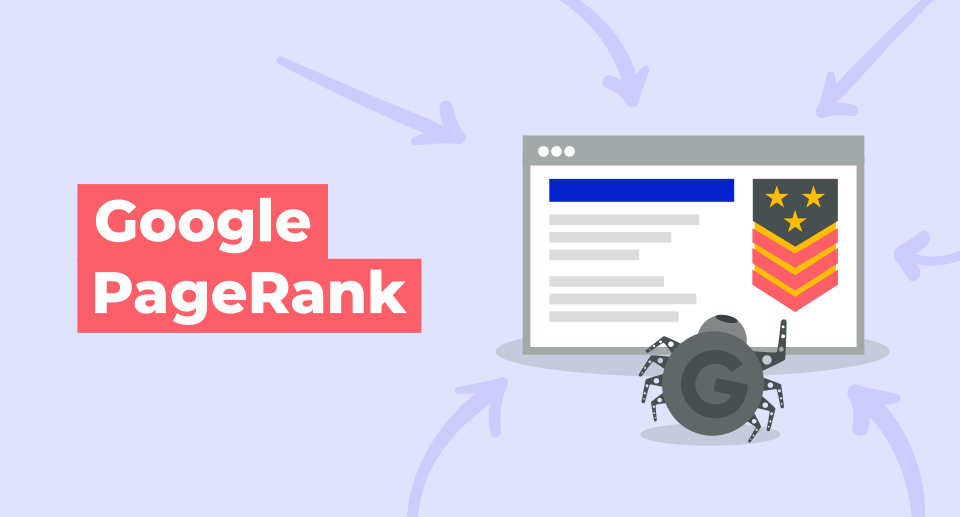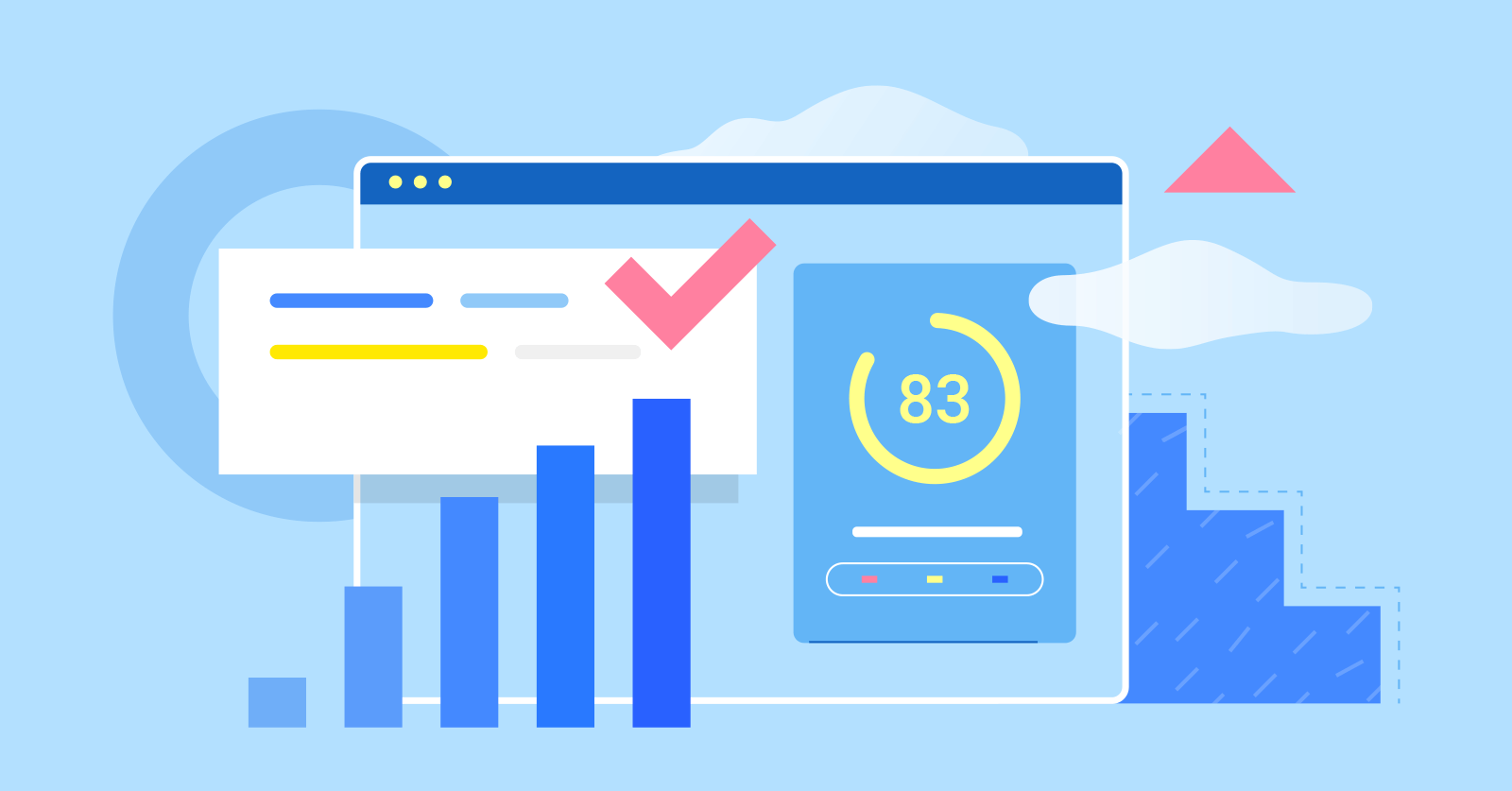

SEO Page Rank is an essential aspect of search engine optimization (SEO) that determines how well a website ranks on search engine results pages (SERPs). It is a metric that assesses the importance and relevance of a website based on the number and quality of backlinks pointing to it. In simpler terms, it measures the popularity and authority of a website, which directly impacts its visibility and traffic.

Search engines like Google use complex algorithms to determine the relevance and quality of websites. The SEO Page Rank metric was created by Larry Page and Sergey Brin, the founders of Google, as a way to measure the importance of web pages based on the number and quality of links pointing to them. The more links a page has from other reputable and relevant websites, the higher its Page Rank is likely to be.
Why is SEO Page Rank Important?
SEO Page Rank is crucial for websites that want to improve their visibility on SERPs and drive more traffic to their pages. A higher Page Rank translates to higher visibility, increased credibility, and improved trustworthiness, which are all critical factors in attracting and retaining website visitors.

Here are some reasons why SEO Page Rank is important:
Increased Visibility: Websites with a high Page Rank are more likely to appear on the first page of SERPs, which is critical for increasing visibility and attracting organic traffic.
Improved Credibility: A high Page Rank signals to search engines and users that a website is relevant, trustworthy, and authoritative, which can help build credibility and brand recognition.
More Traffic: Websites with a high Page Rank are more likely to receive organic traffic, which can lead to increased conversions and revenue.
Better Link Building: Websites with a high Page Rank are more likely to attract high-quality backlinks, which can improve their own Page Rank and overall SEO performance.
How is SEO Page Rank Calculated?
SEO Page Rank is calculated using a complex algorithm that takes into account several factors, including the number and quality of backlinks, the relevance of the linking pages, the anchor text used in the links, and the Page Rank of the linking pages.

The formula for calculating Page Rank is as follows:
PR(A) = (1 - d) + d (PR(T1)/C(T1) + ... + PR(Tn)/C(Tn))
Where:
PR(A) is the Page Rank of page A
PR(T1) is the Page Rank of page T1, which links to page A
C(T1) is the number of outbound links on page T1
d is the damping factor, which is typically set to 0.85
The algorithm works by assigning an initial Page Rank value of 1 to all web pages. As other web pages link to a particular page, its Page Rank increases, with the amount of Page Rank passed on to the linked page depending on the linking page's Page Rank and the number of outbound links it has. In essence, the more high-quality backlinks a page has, the higher its Page Rank is likely to be.
How to Improve SEO Page Rank?
Improving SEO Page Rank requires a comprehensive approach to SEO that focuses on creating high-quality content, building a strong backlink profile, and optimizing on-page elements. Here are some tips to improve SEO Page Rank:

Create High-Quality Content: Creating valuable, informative, and engaging content is key to attracting high-quality backlinks and improving Page Rank.
Build a Strong Backlink Profile: Focus on building high-quality backlinks from reputable and relevant websites. This can be done through guest posting, broken link building, and outreach campaigns.
Optimize On-Page Elements: Optimize your website's title tags, meta descriptions, and header tags to improve relevance and visibility.
Use Relevant Anchor Text: Use relevant and descriptive anchor text for your links. Avoid using generic terms like "click here" and instead use descriptive text that accurately reflects the content of the linked page.
Improve Website Speed: Website speed is a critical factor in SEO Page Rank, as faster loading times can improve user experience and reduce bounce rates. Use tools like Google PageSpeed Insights to identify areas for improvement.
Optimize for Mobile: With the majority of internet traffic coming from mobile devices, it's essential to optimize your website for mobile users. Ensure your website is responsive, with a design that adjusts to different screen sizes and resolutions.
Monitor Your Backlink Profile: Regularly monitor your backlink profile for low-quality or spammy links that could hurt your Page Rank. Use tools like Ahrefs or SEMrush to identify and disavow harmful links.
Focus on User Experience: Finally, focus on improving user experience across your website. This includes ensuring your website is easy to navigate, with clear and concise content that is easy to read and understand.
Conclusion
In conclusion, SEO Page Rank is an essential metric for any website looking to improve its visibility, credibility, and traffic. By focusing on creating high-quality content, building a strong backlink profile, and optimizing on-page elements, you can improve your Page Rank and attract more organic traffic to your website. Remember, SEO is a long-term strategy, and it takes time and effort to see results. But by following these tips and staying up-to-date with the latest SEO best practices, you can improve your website's performance and achieve your business goals.